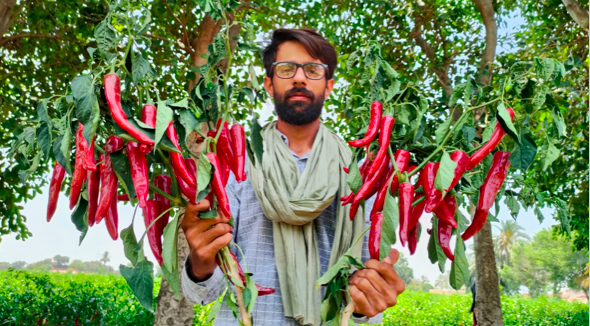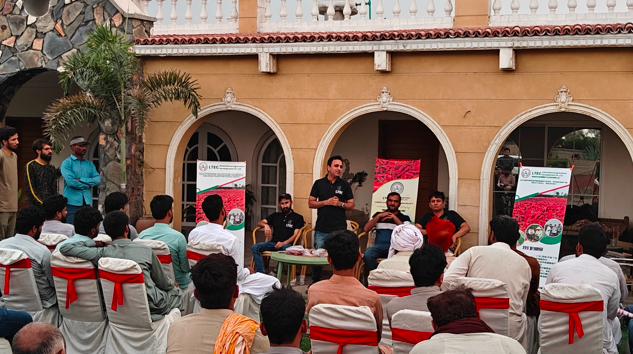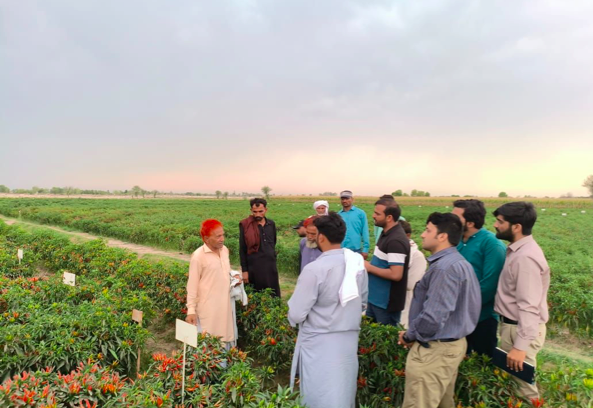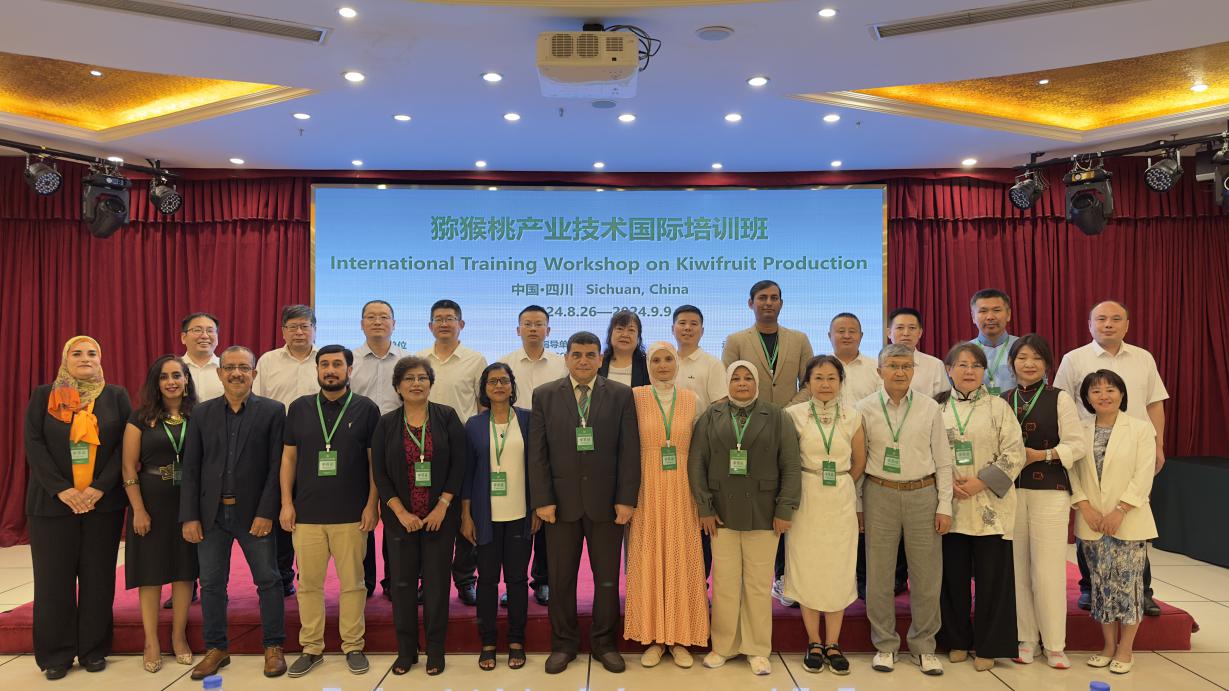ghazi52
THINK TANK: CONSULTANT
- Mar 21, 2007
- 117,059
- 167,230
- Country of Origin

- Country of Residence

- Thread starter
- #31
PHDEC to distribute banana bunch bags, conduct awareness seminar for progressive growers
The NationJun 11, 2024
The Pakistan Horticulture Development and Export Company (PHDEC) has planned to distribute banana bunch bags to progressive banana growers in Sindh on Thursday, June 13, 2024, in Hyderabad. This initiative aims to enhance the quality and cosmetic appeal of banana fruit, facilitating its export to high-end markets.
Pakistan is a major producer of bananas, cultivating the fruit across approximately 33 thousand hectares. Despite this extensive production, banana exports have been primarily limited to Iran and CARs countries due to issues with the quality and cosmetic appeal of the fruit.
Sindh province plays a pivotal role in this sector, encompassing 93% of the banana cultivation area and 83% of the total production. The region’s soil and climatic conditions are ideal for successful banana cultivation.
Improving the cosmetic appeal and overall quality of bananas can significantly enhance Pakistan’s ability to export the fruit to more lucrative markets. The distribution of banana bunch bags by PHDEC is a strategic step in this direction.
PHDEC has been continuously working to develop Pakistan’s horticulture sector, focusing on enhancing exports through the improvement of horticultural products. Last season, PHDEC distributed 150,000 mango bags to growers in Sindh and Punjab. These bags brought very positive results, significantly improving the quality and appearance of the mango fruit.




